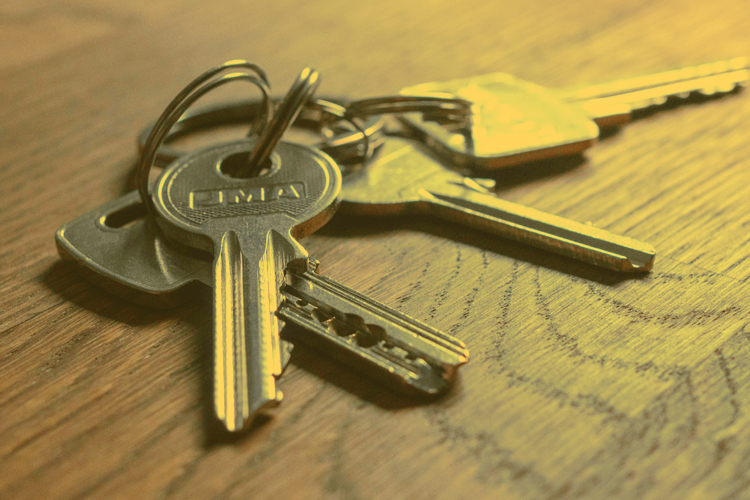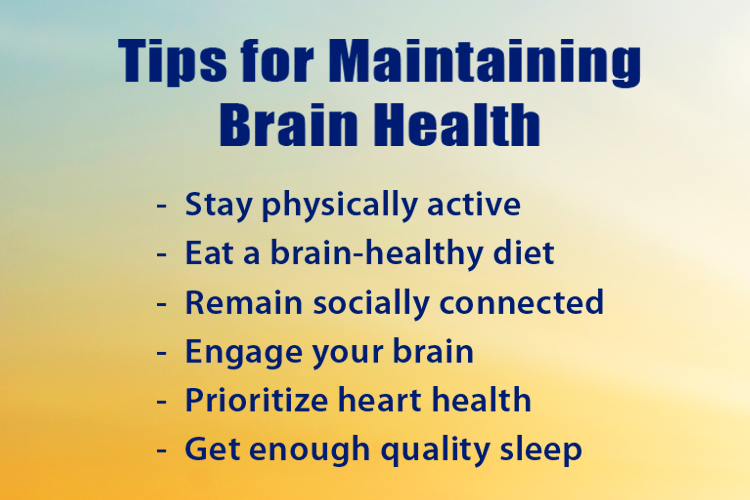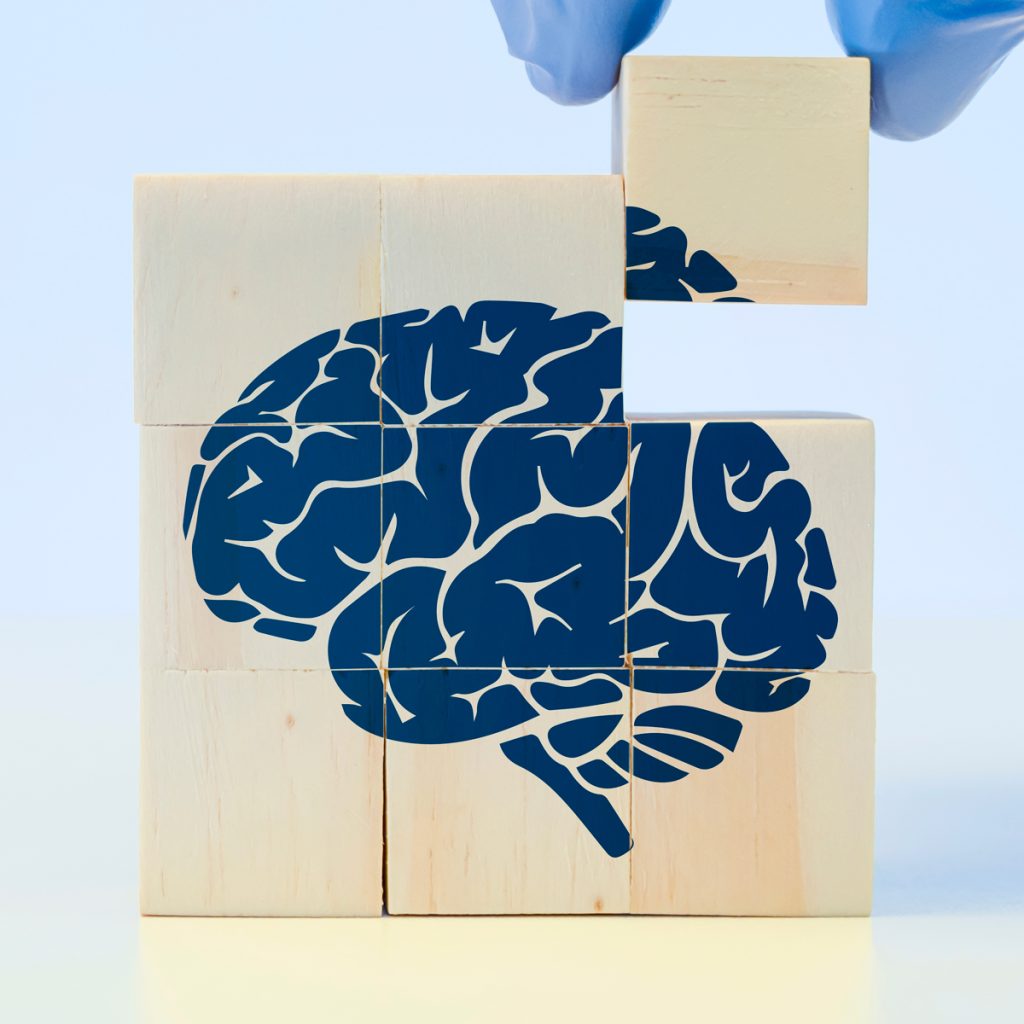As we or our loved ones grow older, occasional forgetfulness becomes more common. But at what point does memory loss signal something more serious? Is it simply aging or is it dementia? Understanding the difference between normal aging vs. dementia is one of the most important steps in ensuring early diagnosis, effective support, and compassionate care.
At Cappella of Grand Junction, our Memory Support team is dedicated to guiding families through this difficult question with empathy, expertise, and a personalized approach.
What Is the Difference Between Normal Aging vs. Dementia?

According to the Alzheimer’s Association, while some changes in cognition, like occasionally forgetting names or misplacing keys, are a normal part of aging, dementia is not. Dementia refers to a decline in cognitive ability that is severe enough to interfere with daily life, and it includes memory loss, language difficulties, poor judgment, and personality changes.
Here is how the Alzheimer’s Association differentiates between typical aging and signs of dementia:
| Typical Aging | Possible Dementia |
|---|---|
| Forgetting names occasionally but recalling them later | Forgetting names of close family and friends |
| Losing items occasionally but retracing steps to find them | Frequently misplacing items and being unable to retrace steps |
| Making occasional poor decisions | Demonstrating poor judgment that impacts safety or finances |
| Forgetting what day it is but remembering later | Losing track of dates, time, and the passage of time |
| Occasional word-finding difficulty | Struggling with vocabulary, stopping mid-sentence, or substituting unusual words |
These comparisons are based on the Alzheimer’s Association’s 10 Early Signs and Symptoms of Alzheimer’s, updated for 2025 and widely used by U.S. physicians, caregivers, and senior living professionals.
Is Dementia a Normal Part of Aging?

No. Although aging is the greatest known risk factor, dementia is not a guaranteed outcome of growing older. Many adults remain cognitively healthy well into their 80s and 90s. However, dementia, including Alzheimer’s disease, affects nearly 7 million Americans in 2025, a number that continues to grow as the population ages.
That’s why early identification of warning signs is so important. Catching symptoms early gives families more time to plan, get treatment, and access supportive resources.
Early Signs of Dementia
The Alzheimer’s Association identifies the following as common early symptoms of Alzheimer’s and other types of dementia:
- Memory loss that disrupts daily life (e.g., forgetting recent events or repeating questions)
- Difficulty with problem-solving or planning
- Trouble completing familiar tasks
- Confusion about time or place
- New problems with words in speaking or writing
- Misplacing things and losing the ability to retrace steps
- Poor judgment or decision-making
- Withdrawal from work or social activities
- Mood and personality changes, including increased anxiety or suspicion
If one or more of these symptoms appears consistently and begins interfering with daily life, it’s important to schedule an evaluation with a medical professional.
Can Dementia Be Prevented?
As of 2025, there is no cure for dementia—but there is good news. According to the Alzheimer’s Association and ongoing research from the NIH, certain lifestyle choices can reduce risk or delay onset:
- Stay physically active – Exercise supports blood flow to the brain.
- Eat a brain-healthy diet – The MIND or Mediterranean diets show cognitive benefits.
- Remain socially connected – Loneliness and isolation accelerate decline.
- Engage your brain – Puzzles, reading, and learning new skills all help.
- Prioritize heart health – Managing diabetes, blood pressure, and cholesterol is critical.
- Get enough quality sleep – Sleep helps clear abnormal proteins from the brain.
These steps not only promote better brain health, they support emotional and physical well-being across the board.

How Cappella of Grand Junction Supports Memory Care in Western Colorado
At Cappella of Grand Junction, we provide a compassionate and evidence-based approach to memory support. Our programming is guided by Rhythms Dementia Services, which emphasizes understanding each person’s individual rhythm of life and responding to who they are, and not the disease they live with.

What families in Grand Junction and Mesa County can expect:
- Individualized care plans that adapt to cognitive and emotional changes
- Trained care partners who know how to engage, redirect, and support with empathy
- Safe environments designed to reduce confusion and foster familiarity
- Daily engagement and enrichment programs that bring joy and connection
- Family education and support to guide you at every step
When dementia is part of your loved one’s journey, compassionate support isn’t just helpful, it’s essential.
When Should You Seek Help?
If you or your loved one is experiencing symptoms that align with dementia, don’t wait. A primary care physician or neurologist can conduct cognitive assessments and help determine the next steps.
At Cappella, we’re here to help families have these conversations with confidence, not fear. Whether you’re ready for memory care now or simply gathering information, our team is here to support you.
Contact us today to schedule a tour or speak with a dementia care expert in Grand Junction.
You Don’t Have to Walk This Path Alone
Facing dementia can feel overwhelming, but with early understanding and the right support, your family can navigate the journey with more peace, clarity, and connection. At Cappella of Grand Junction, we’re honored to be a trusted resource for families across Western Colorado.
Let’s walk this journey together—with dignity, purpose, and compassion.




